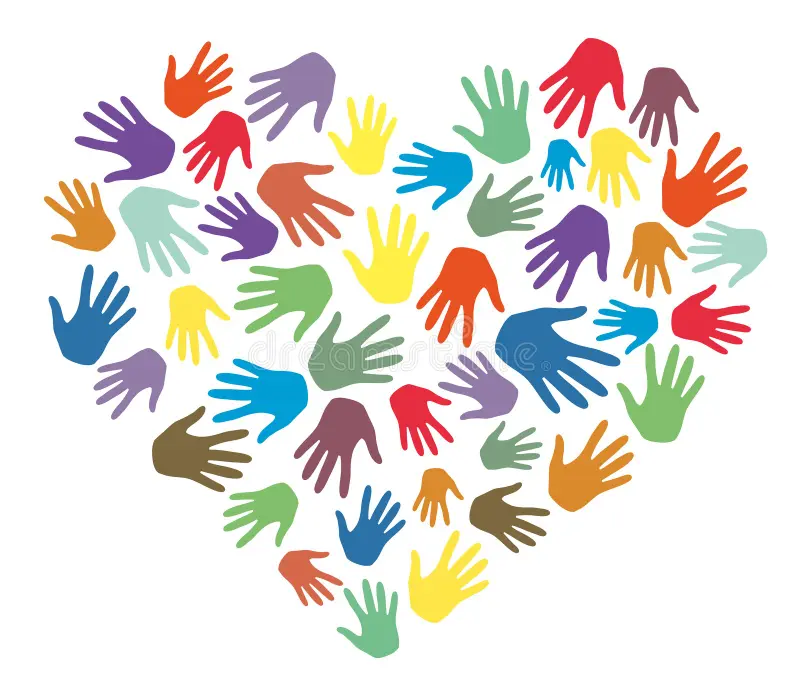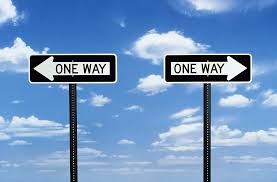Human beings are inherently social creatures. From birth, our survival, growth, and emotional well-being depend on the strength of our social bonds. Across cultures, the idea of community support — family networks, friendships, neighbors, religious groups, and social institutions — plays a fundamental role in shaping mental resilience. While the expression of this support differs from one society to another, its purpose remains universal: to help individuals cope with stress, overcome hardship, and find meaning through connection.
Mental resilience is not simply the ability to “bounce back” after adversity; it is the strength that grows through shared experiences, empathy, and cultural belonging. Understanding how different societies cultivate resilience through community relationships reveals how profoundly our cultural context shapes our emotional health.
Understanding Mental Resilience
Mental resilience refers to an individual’s capacity to adapt to stress, trauma, and change while maintaining psychological well-being. It is not an inborn trait but a skill developed through social, emotional, and cultural experiences.
Research shows that resilient individuals often share common traits such as optimism, emotional regulation, and strong support systems. However, while Western psychology tends to define resilience in personal terms — emphasizing self-efficacy and independence — many non-Western cultures view it as a collective process, rooted in relationships and interdependence.
Thus, while one culture may value individual strength, another may find resilience in shared endurance, faith, or community care.
The Cultural Dimension of Resilience
Culture influences how people interpret adversity and where they seek support. In collectivist societies, mental health and resilience are often framed as communal responsibilities, while in individualist societies, the focus leans toward self-reliance and personal growth.
For instance:
- In Asian cultures, family harmony and social obligation are key sources of emotional stability. Support from elders and spiritual guidance often replaces formal therapy.
- In African communities, extended family and communal rituals provide emotional and moral support after loss or crisis.
- In Western societies, support groups and professional counseling are central, emphasizing open communication and personal boundaries.
Each model offers valuable lessons: while independence fosters autonomy, interconnectedness nurtures belonging and empathy — both essential to mental strength.
How Community Support Enhances Mental Well-Being
Community support functions as a psychological safety net, offering multiple layers of protection and encouragement. It influences mental resilience in the following ways:
- Emotional Validation – Shared experiences allow individuals to feel understood and less isolated.
- Practical Assistance – Communities often provide tangible help like food, childcare, or housing during crises.
- Social Identity – Belonging to a group strengthens self-worth and provides a sense of purpose.
- Cultural Continuity – Rituals, traditions, and shared stories foster stability and comfort.
- Collective Coping – Facing challenges together transforms personal suffering into shared growth.
These aspects are deeply ingrained in cultural systems worldwide, forming the foundation of collective resilience.
Cross-Cultural Models of Community Resilience
| Culture/Region | Source of Community Support | Method of Coping | Psychological Outcome |
|---|---|---|---|
| Japan | Family, workplace harmony, community rituals | Collectivist cooperation and respect for elders | Emotional discipline and group solidarity |
| Africa | Extended family networks, spiritual leaders | Storytelling, prayer, and communal ceremonies | Shared healing and optimism |
| Latin America | Family unity, neighborhood ties, faith | Religious gatherings, mutual care, music | Hope, compassion, and endurance |
| Middle East | Religious community, hospitality culture | Collective prayer, kinship networks | Faith-based resilience and belonging |
| Western Societies | Friends, peer groups, therapy networks | Open communication and emotional expression | Self-awareness and adaptive coping |
This table illustrates that while the forms of community support differ, the underlying purpose — promoting connection and resilience — is universal.
The Psychology Behind Belonging and Strength
Modern psychology affirms what ancient cultures have long practiced: connection heals. Humans have evolved with a biological need for belonging; social isolation triggers the same brain regions associated with physical pain.
When people receive empathy and support from their community, their brains release oxytocin and endorphins, reducing stress hormones like cortisol. This biochemical shift improves mood, sleep, and cognitive clarity — all critical to resilience.
Moreover, sharing stories, prayers, or rituals activates the mirror neuron system, enhancing empathy and emotional understanding among members of a group. These mechanisms explain why people recover faster from trauma when surrounded by compassionate support.
Role of Family and Kinship in Resilience
Family is often the most fundamental form of community support. Across cultures, it represents safety, continuity, and identity.
- In Asian cultures, intergenerational families offer emotional stability through shared responsibility and respect for ancestors.
- In African societies, kinship extends beyond blood relations — “it takes a village” to raise a child and to heal an adult.
- In Latin American families, familismo — a cultural value emphasizing loyalty and closeness — creates powerful emotional resilience.
Even in modern urban societies, where families may be dispersed, maintaining virtual or emotional closeness continues to play a vital psychological role in coping with life’s pressures.
Community Healing Through Shared Experience
When communities face collective adversity — such as war, migration, or natural disasters — healing becomes a social process. Group resilience emerges through shared mourning, storytelling, and rebuilding efforts.
For example, after the 2004 tsunami, communities in Southeast Asia relied on religious ceremonies and collective rebuilding as a form of psychological recovery. In post-conflict Rwanda, community-based reconciliation meetings helped survivors restore trust and emotional stability.
These examples show how communal healing rituals transform trauma into solidarity, enabling individuals to find meaning through collective strength.
Spiritual and Religious Communities as Emotional Anchors
Spiritual communities play a profound role in shaping mental resilience across cultures. Whether through church gatherings, mosque prayers, temple visits, or indigenous ceremonies, faith-based groups provide hope, moral guidance, and emotional comfort.
They offer frameworks that make suffering meaningful and foster acceptance, compassion, and forgiveness — all essential traits of resilient minds.
In difficult times, shared prayer or meditation not only calms the mind but also reinforces a sense of purpose and belonging that protects against despair.
The Impact of Modernization on Community Support
In today’s globalized world, modernization and technology have transformed how people connect. Urban life often leads to social isolation, while virtual communities have become new spaces for support.
Online mental health forums, social media groups, and virtual counseling now extend community support beyond geography. However, while digital networks can provide connection, they sometimes lack the depth and authenticity of traditional communal ties.
To maintain resilience in modern societies, individuals must balance digital connectivity with real human relationships, ensuring emotional support remains personal and genuine.
Building Resilient Communities for the Future
Strengthening mental resilience across cultures requires preserving both traditional and modern forms of community support. Effective strategies include:
- Encouraging intergenerational dialogue to pass down coping wisdom.
- Promoting inclusive public spaces for social connection.
- Integrating cultural rituals into modern therapy and education.
- Building mental health programs that respect local customs and values.
When communities invest in empathy, inclusion, and collective care, they nurture resilience that transcends individual boundaries.
FAQs
1. Why is community support essential for mental resilience?
Because it provides emotional safety, shared meaning, and practical help during difficult times — all of which strengthen an individual’s ability to adapt and recover.
2. Do people in individualistic societies have weaker resilience?
Not necessarily. They may rely more on personal coping mechanisms and professional therapy, while collectivist societies emphasize family and community. Both approaches can build resilience in different ways.
3. How can modern societies strengthen community bonds?
By creating inclusive social systems — such as community centers, support groups, and cultural events — that encourage connection, empathy, and mutual aid.



